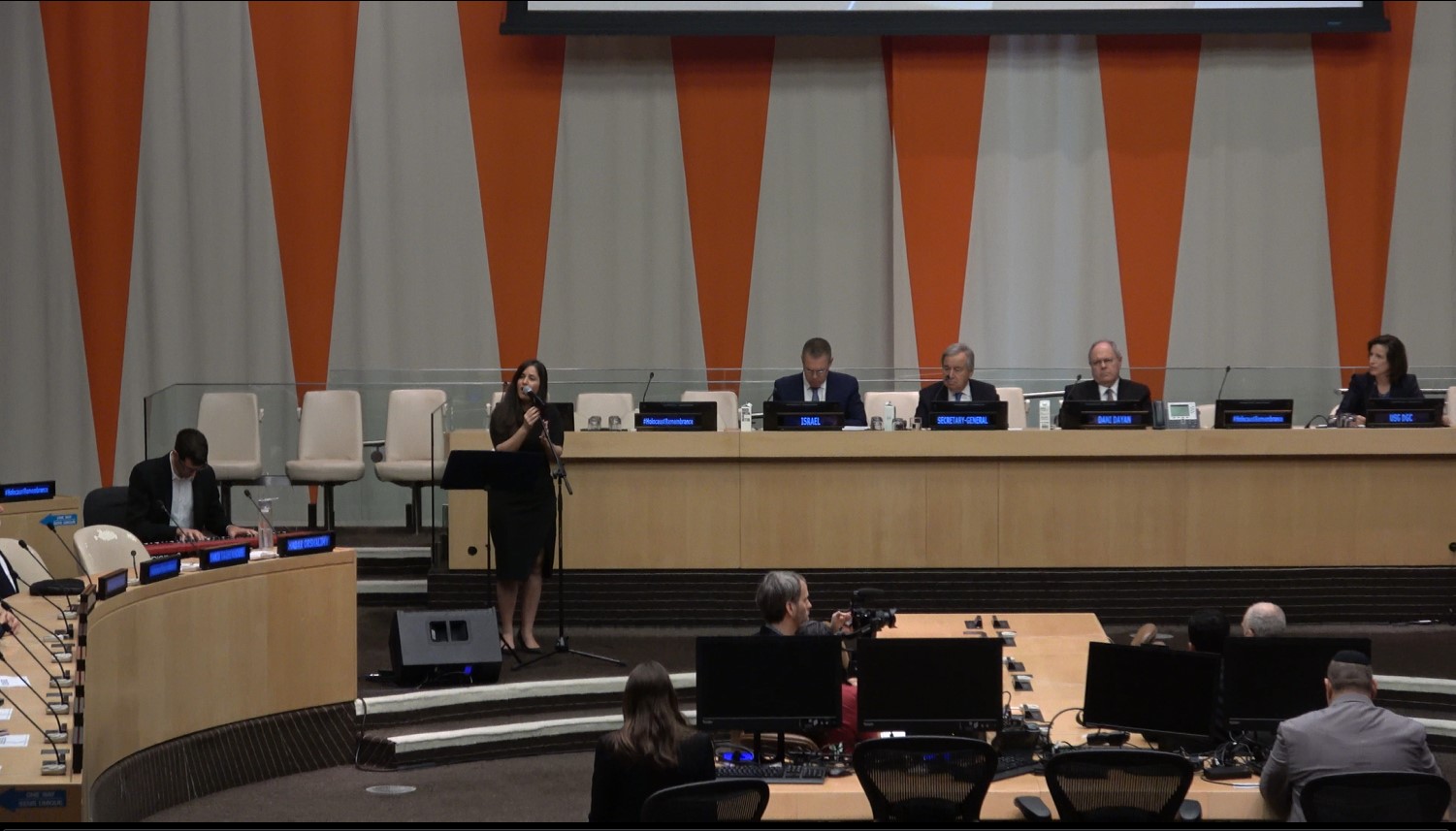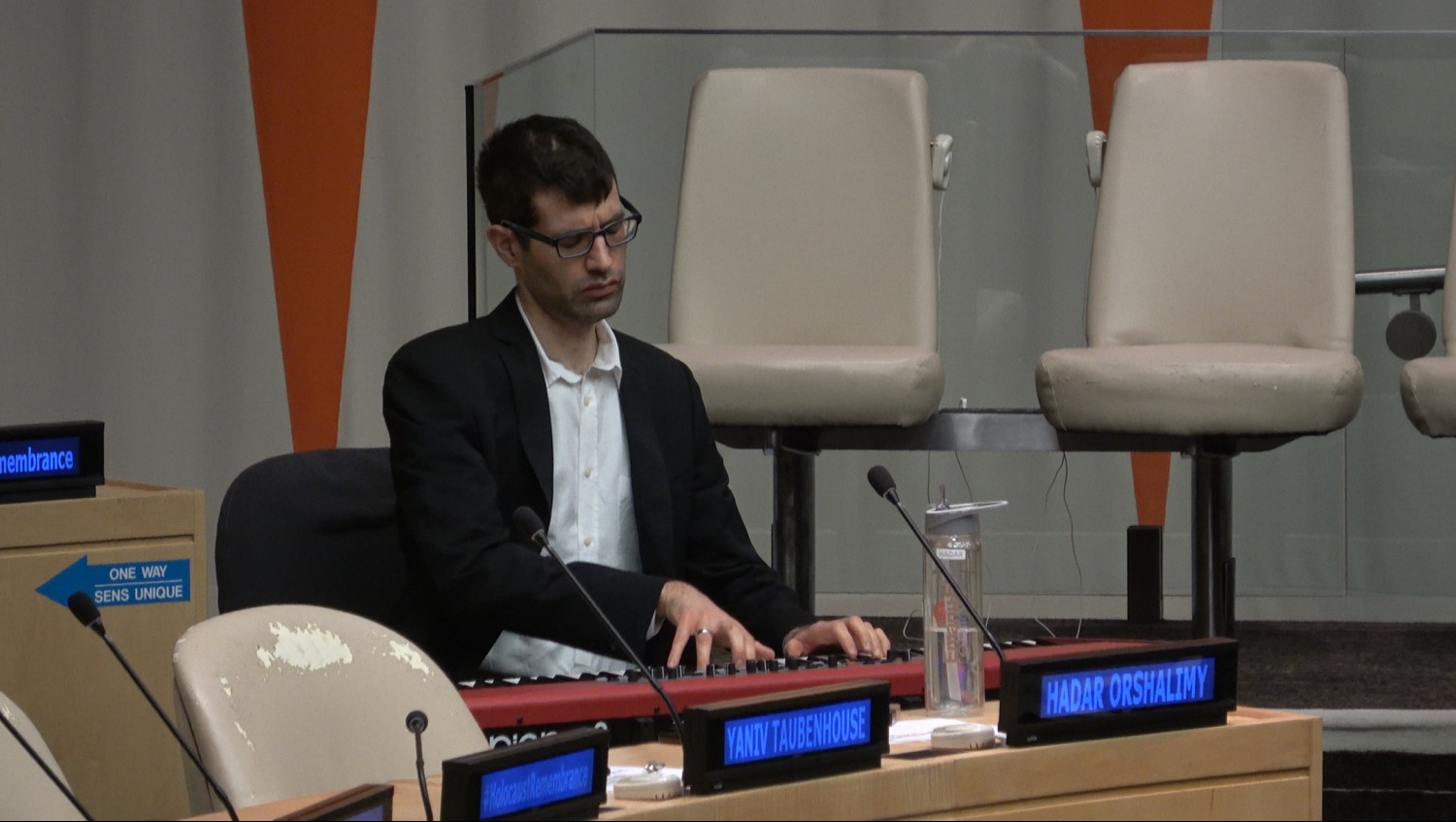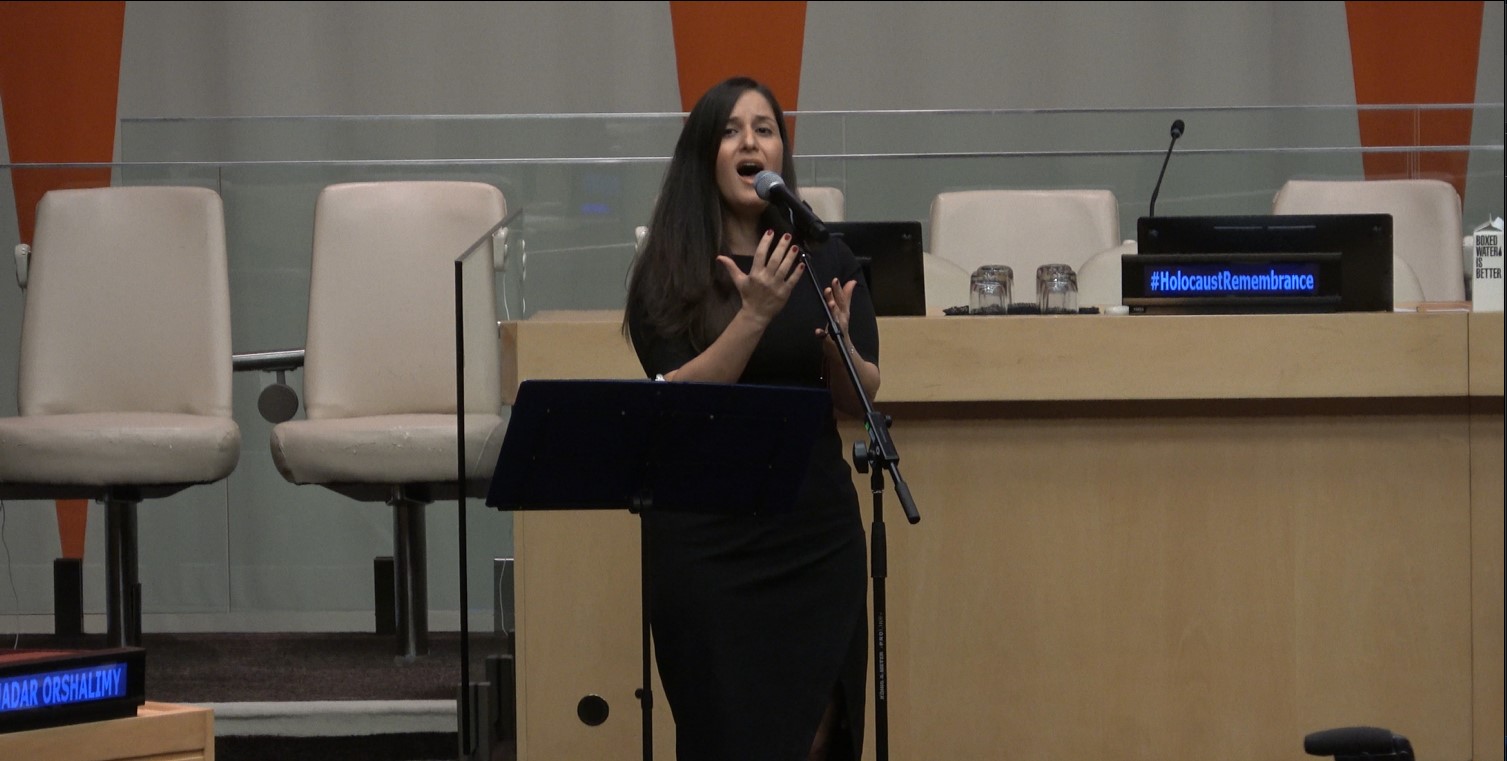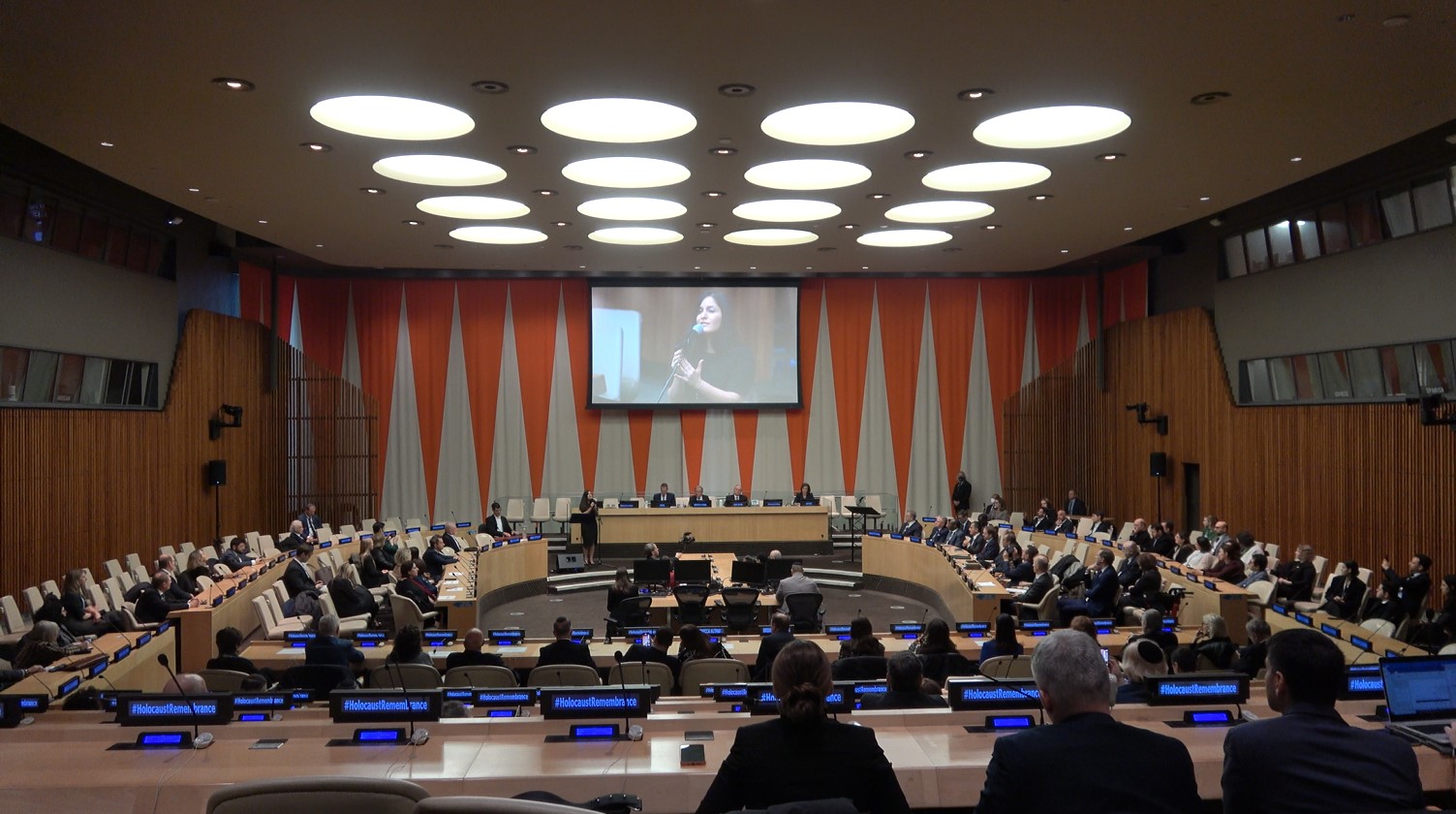- Details
-
Category: World Hot News
-
Published: Wednesday, 01 February 2023 10:53
-
Written by Gentry
The World Health Organization (WHO) Director-General said today that COVID-19 remains a global health emergency, even though, as the world enters the fourth year of the pandemic, “there is no doubt we are in a far better situation now than we were a year ago, when the Omicron wave was at its peak.”
Tedros Adhanom Ghebreyesus was addressing WHO’s Executive Board on Monday (30 Jan) in Geneva, Switzerland, where he noted that, since the beginning of December, weekly reported deaths have been rising.
“In the past eight weeks, more than 170 thousand people have lost their lives to COVID-19. And that’s just the reported deaths; we know the actual number is much higher. We can’t control the virus, but we can do more to address the vulnerabilities in populations and health systems,” said Ghebreyesus.
WHO’s chief added, “We remain hopeful that in the coming year, the world will transition to a new phase in which we reduce hospitalizations and deaths to the lowest possible level, and health systems are able to manage COVID-19 in an integrated and sustainable way.”
The Director-General remembered the five priorities for the coming five years he laid out last year, what the Agency is calling the “five Ps”: Promoting, Providing, Protecting, Powering and Performing for health.”
He noted that, on tobacco control, WHO reached its target last year to support 100 million tobacco users to quit, but there are still an estimated 600 million users who want to quit and need our. On trans fat, there was an almost five-fold increase in the number of people protected by WHO-recommended policies on the use of industrially produced trans fat, from 550 million people to 2.6 billion, in just four years.
Last year, Ghebreyesus said WHO supported dozens of Member States to restore essential health services disrupted during the pandemic, including for routine immunization, where there was the largest sustained decline in childhood vaccination in 30 years. As a result, 25 million children missed out on life-saving vaccinations, and catching up is now one of our highest priorities.
“On cancer, we have supported 65 countries to improve access to quality care as part of the WHO Global Initiative for Childhood Cancer – a 50% increase from 2021.This year we plan to provide medicines for all children with cancer in six countries, with the goal of reaching 50 countries by 2027,” said WHO’s chief.
Ghebreyesus also noted some “encouraging signs”, like on malaria, where, after increasing in 2020, the number of annual deaths appears to have stabilised, and cases increased at a slower rate.
In 2022, WHO responded to 72 graded emergencies, across all regions, including three public health emergencies of international concern, outbreaks of Ebola and cholera, conflicts in Ethiopia, Syria, Ukraine and Yemen, and humanitarian crises in the greater Horn of Africa, the Sahel and much more.
Ghebreyesus said, “Thanks to the generosity of donors to the Contingency Fund for Emergencies, we were able to release more than 87 million US dollars immediately to support rapid response.”
In July, the Agency declared a public health emergency of international concern over the global outbreak of mpox. In total, more than 85,000 cases and 86 deaths have been reported to WHO from 110 countries. The number of weekly reported cases of mpox has now declined significantly, although 36 countries in all six regions continue to report new cases.
According to Ghebreyesus, last year there was “an unprecedented number of cholera outbreaks reported in 30 countries, with a massive increase in the number of people within affected countries who are now at risk.”
As a result, WHO has raised the global cholera crisis to a grade 3 emergency, the highest level in the internal grading system, due to the high case fatality, the potential for further spread and severe limitations in vaccine supply.
WHO’s Executive Board is composed of 34 technically qualified members elected for three-year terms. The main functions of the Board are to implement the decisions and policies of the Health Assembly, and to advise and generally facilitate its work.





 Permanent Representatives of Israel to the United Nations Ambassador Gilad Erdan
Permanent Representatives of Israel to the United Nations Ambassador Gilad Erdan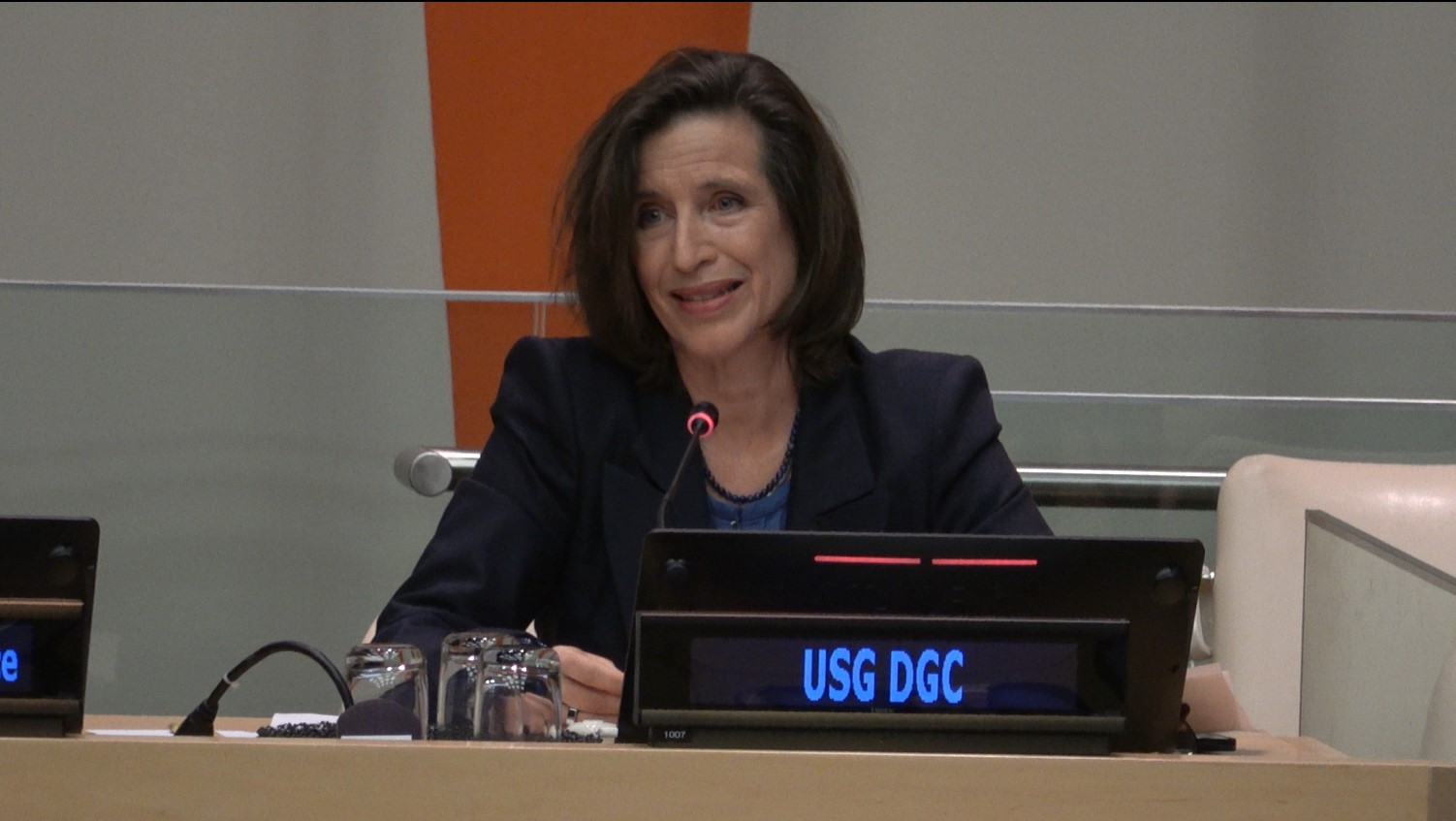 Ms. Melissa Fleming, United Nations Under-Secretary-General for Global Communications
Ms. Melissa Fleming, United Nations Under-Secretary-General for Global Communications Permanent Representatives of Israel to the United Nations Ambassador Gilad Erdan
Permanent Representatives of Israel to the United Nations Ambassador Gilad Erdan
 VOA Repoprter interviewAmbassador Gilad Erdan
VOA Repoprter interviewAmbassador Gilad Erdan


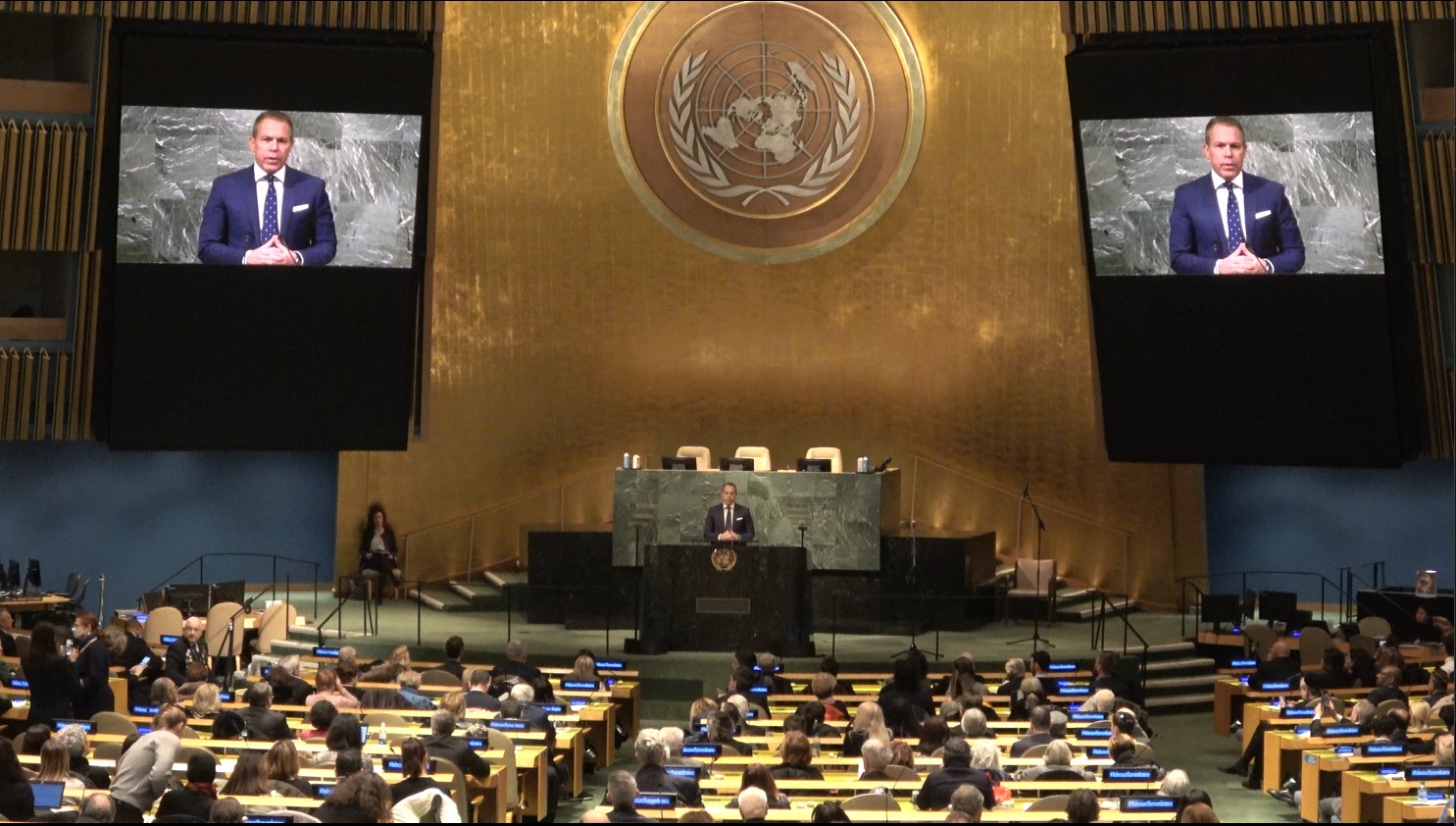
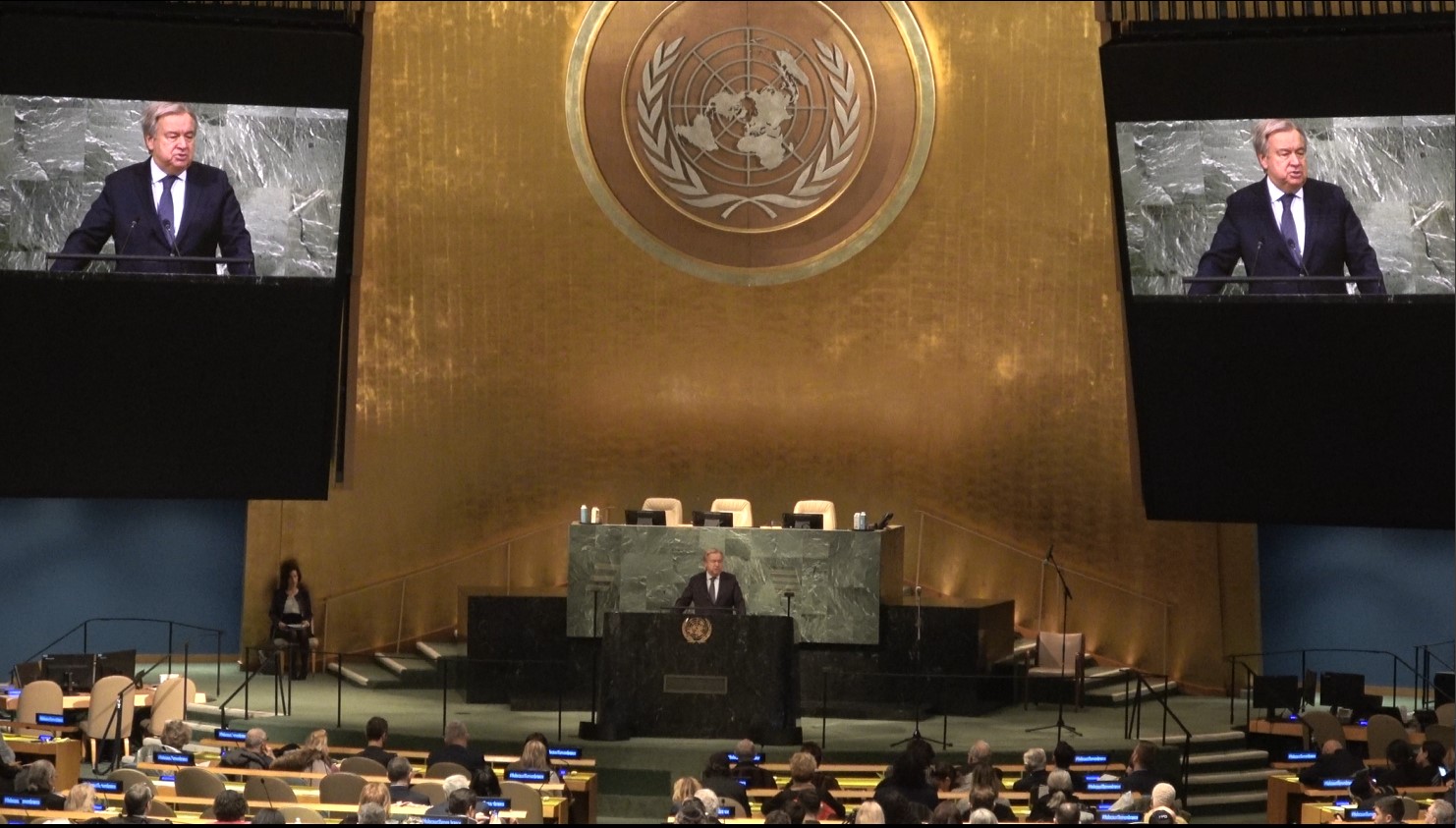

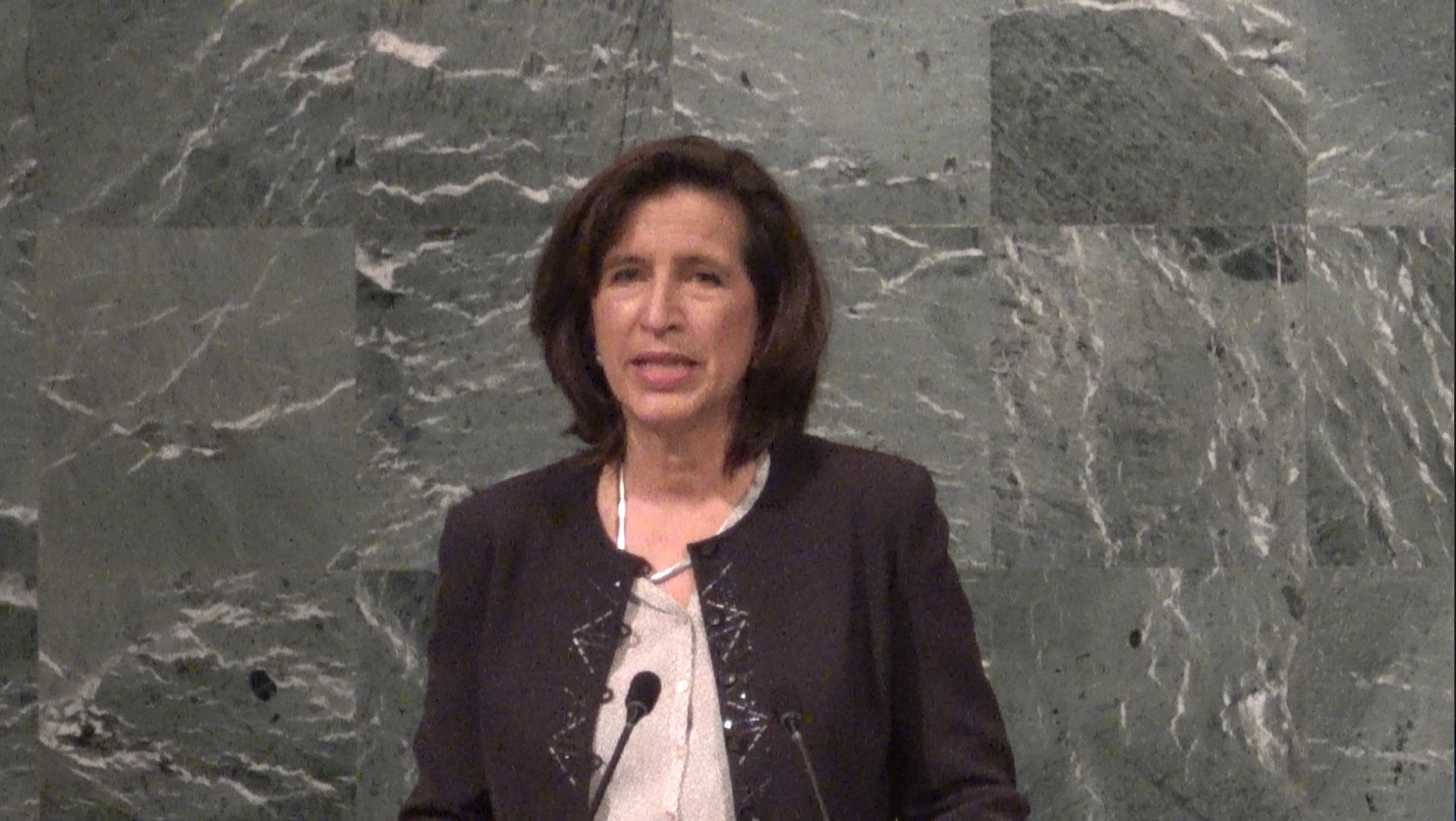 Ms. Melissa Fleming, United Nations Under-Secretary-General for Global Communications host the ceremony.
Ms. Melissa Fleming, United Nations Under-Secretary-General for Global Communications host the ceremony.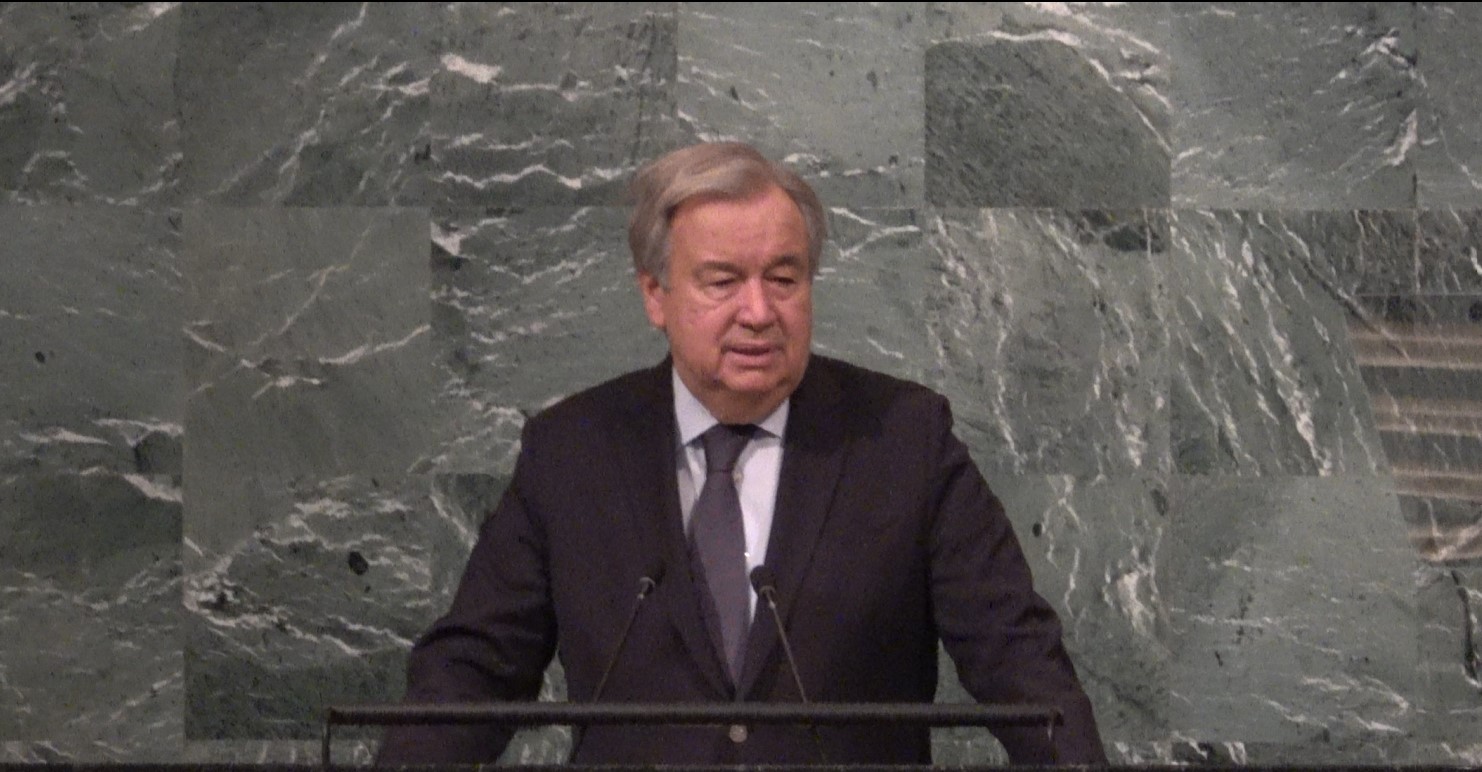
 President of the 77th session of the General Assembly
President of the 77th session of the General Assembly Permanent Representatives of Israel to the United Nations
Permanent Representatives of Israel to the United Nations Permanent Representatives of United States to the United Nations
Permanent Representatives of United States to the United Nations
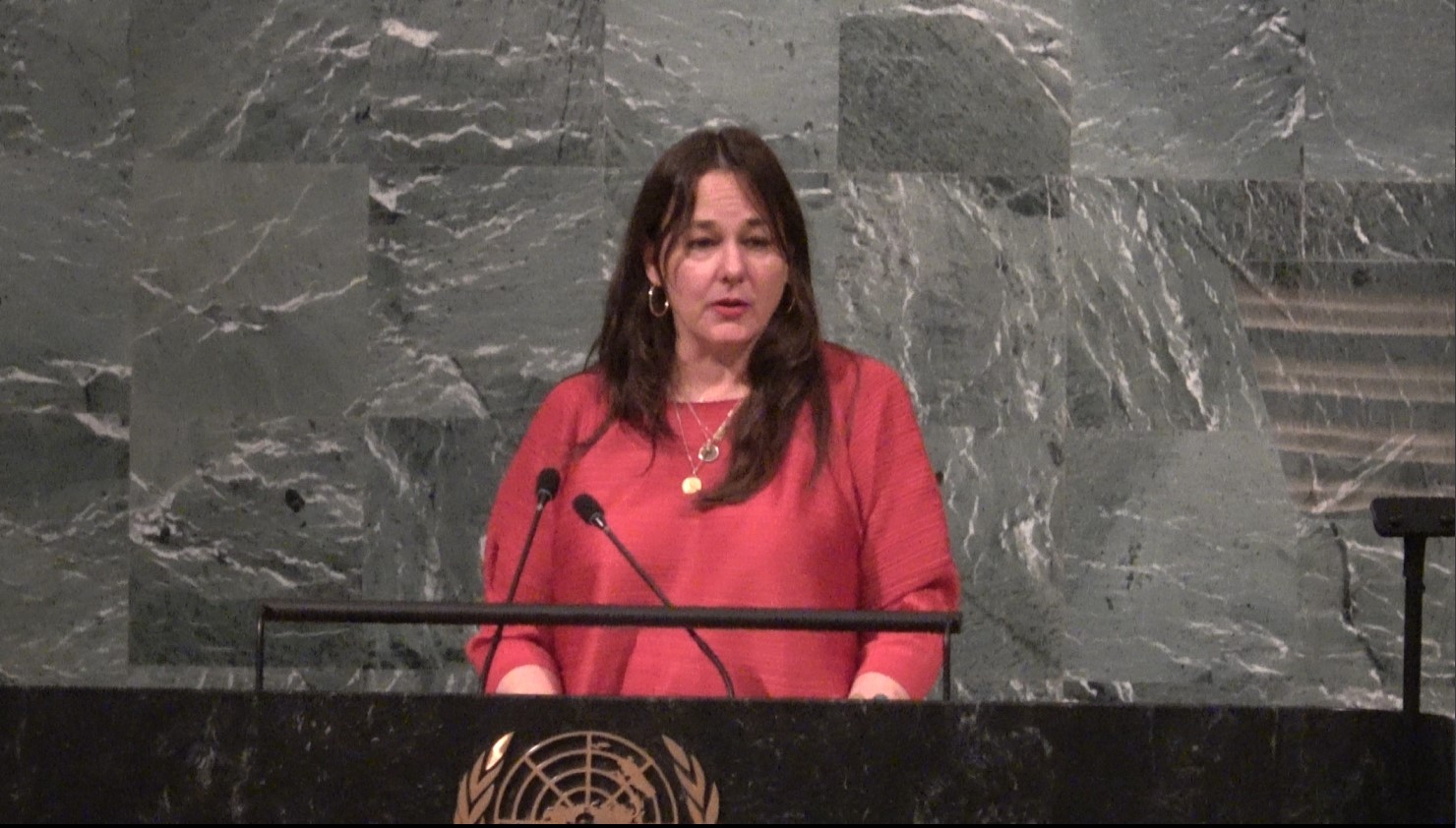

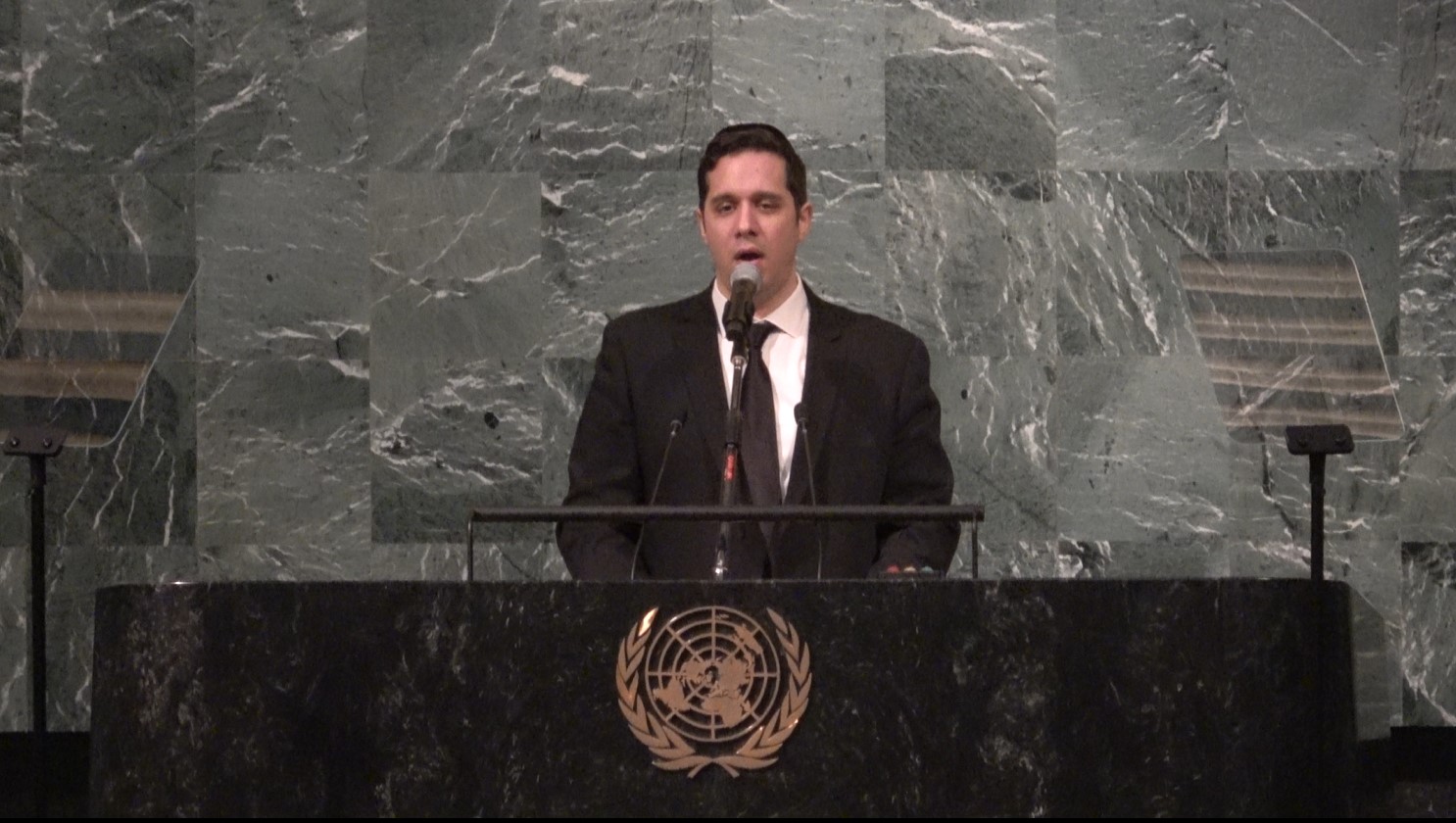


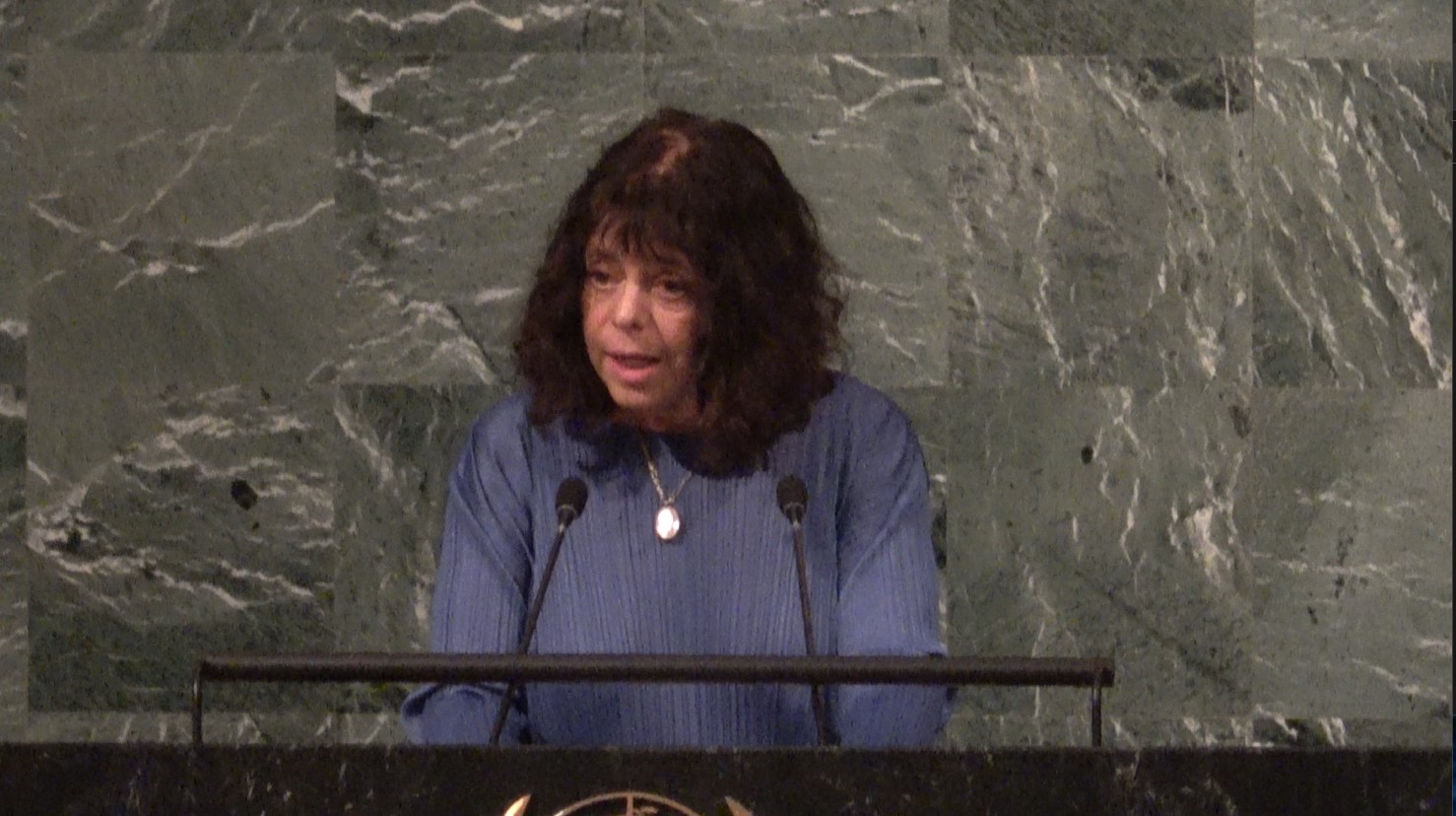

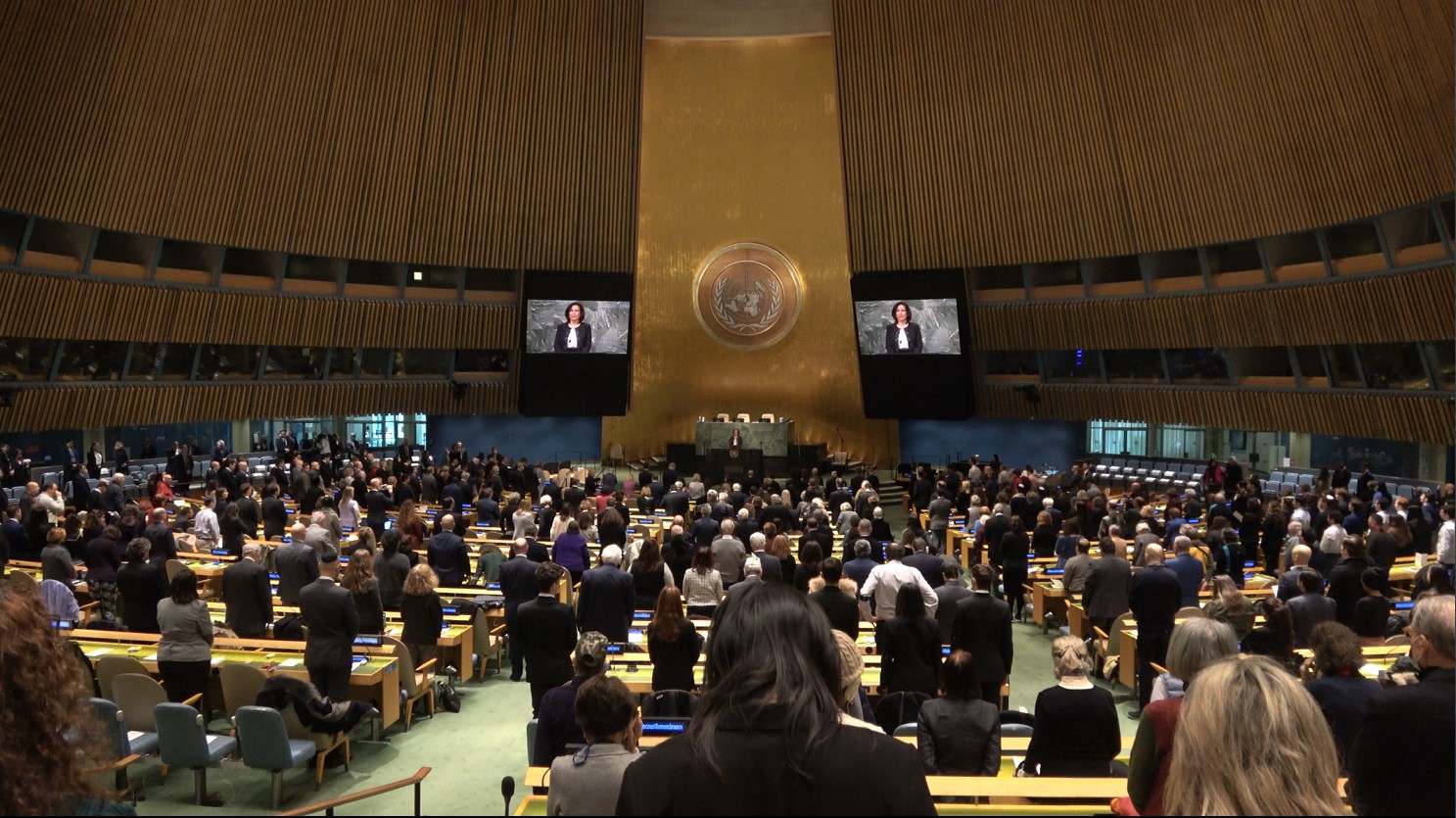

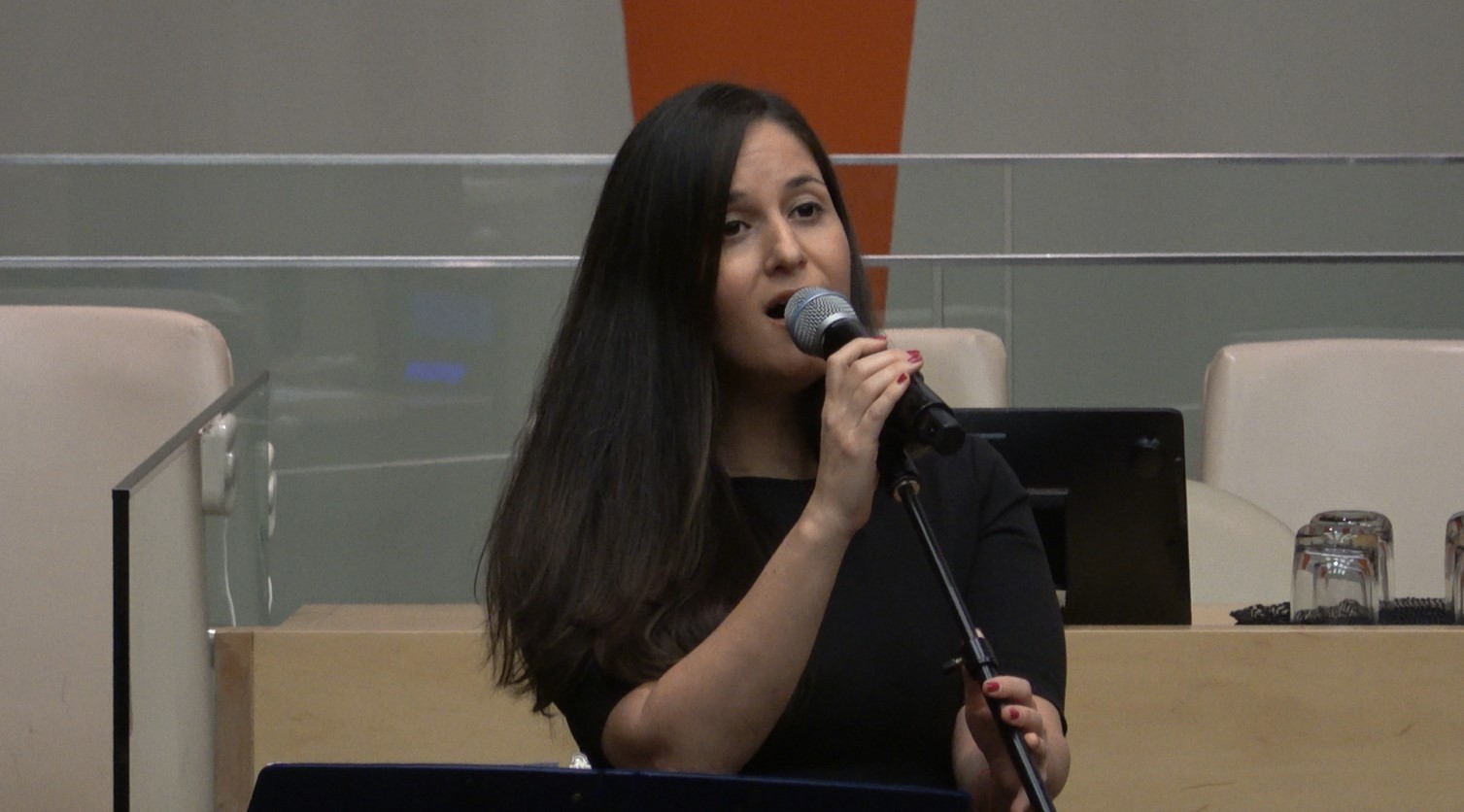 Singer Hadar Orshalimy
Singer Hadar Orshalimy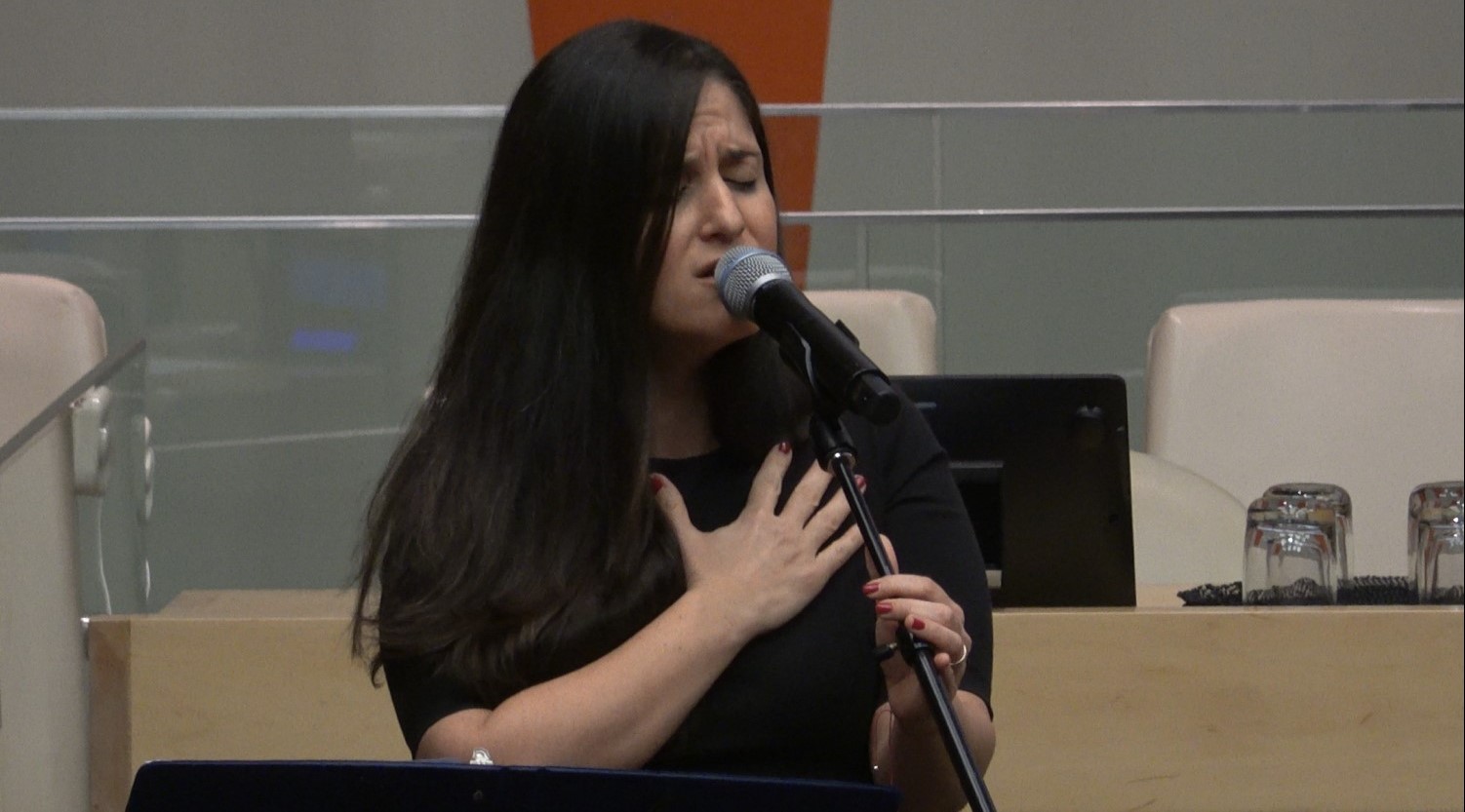 Singer Hadar Orshalimy
Singer Hadar Orshalimy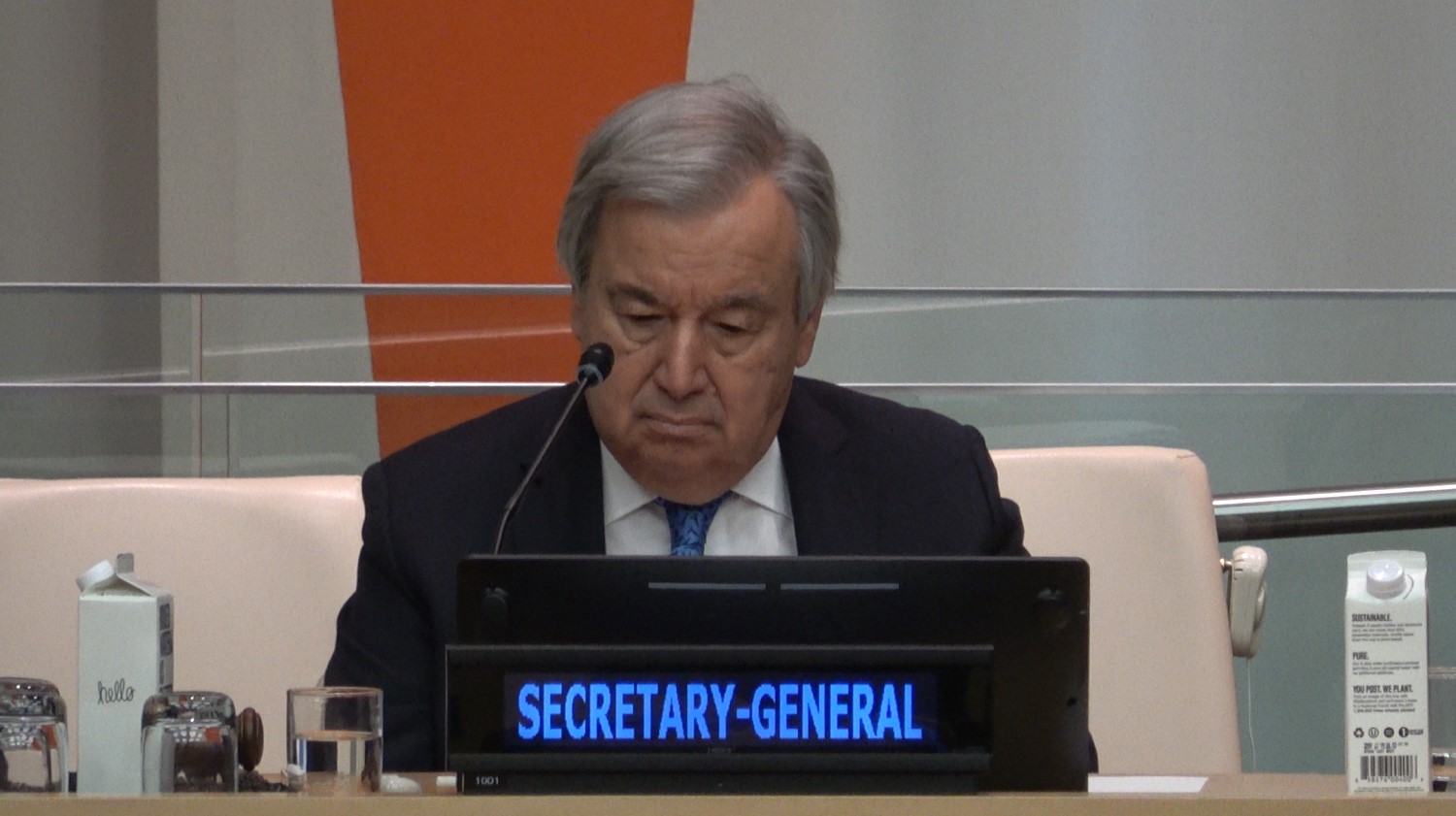 UN Secretary-GeneralAntónio Guterres
UN Secretary-GeneralAntónio Guterres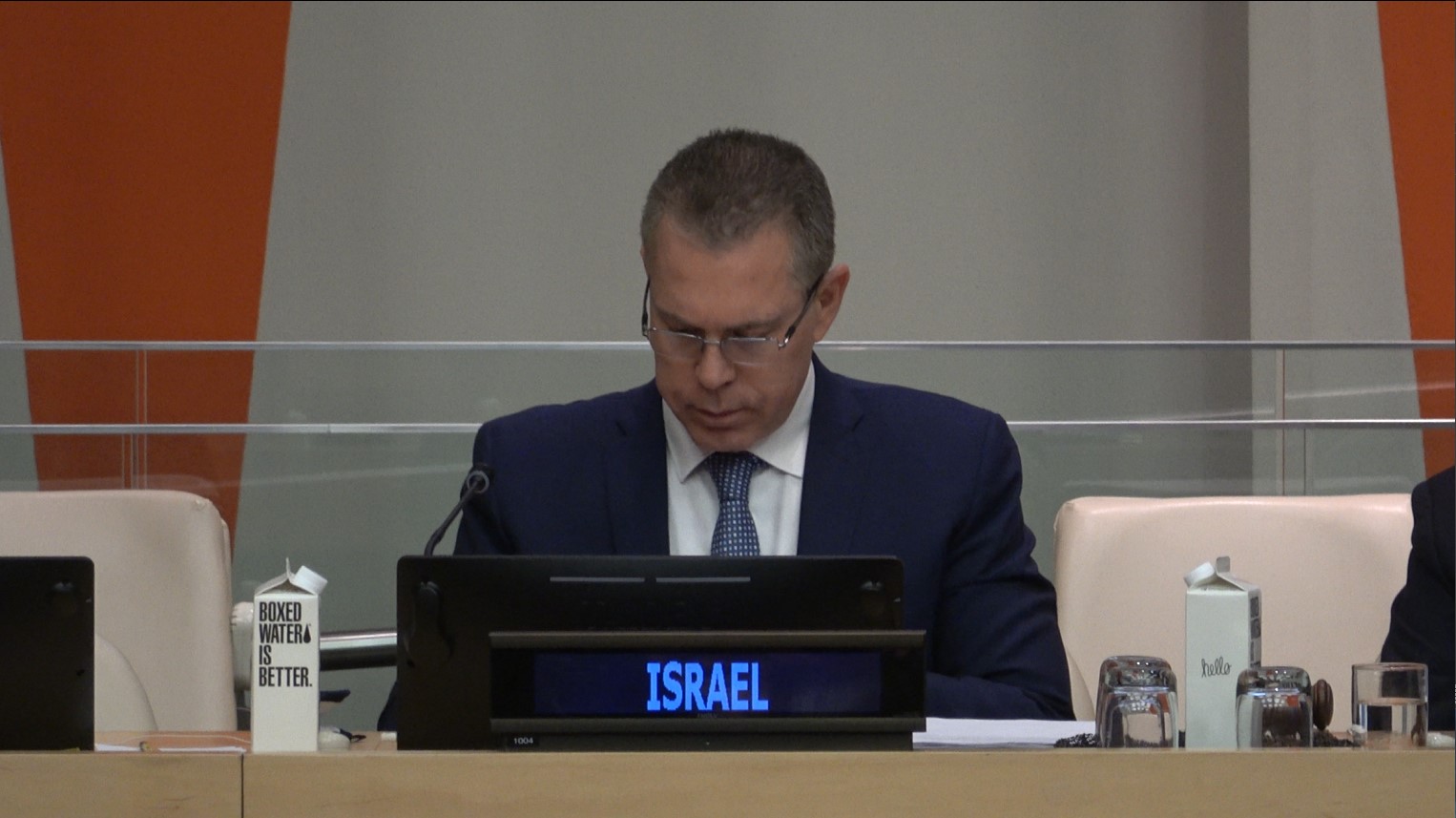
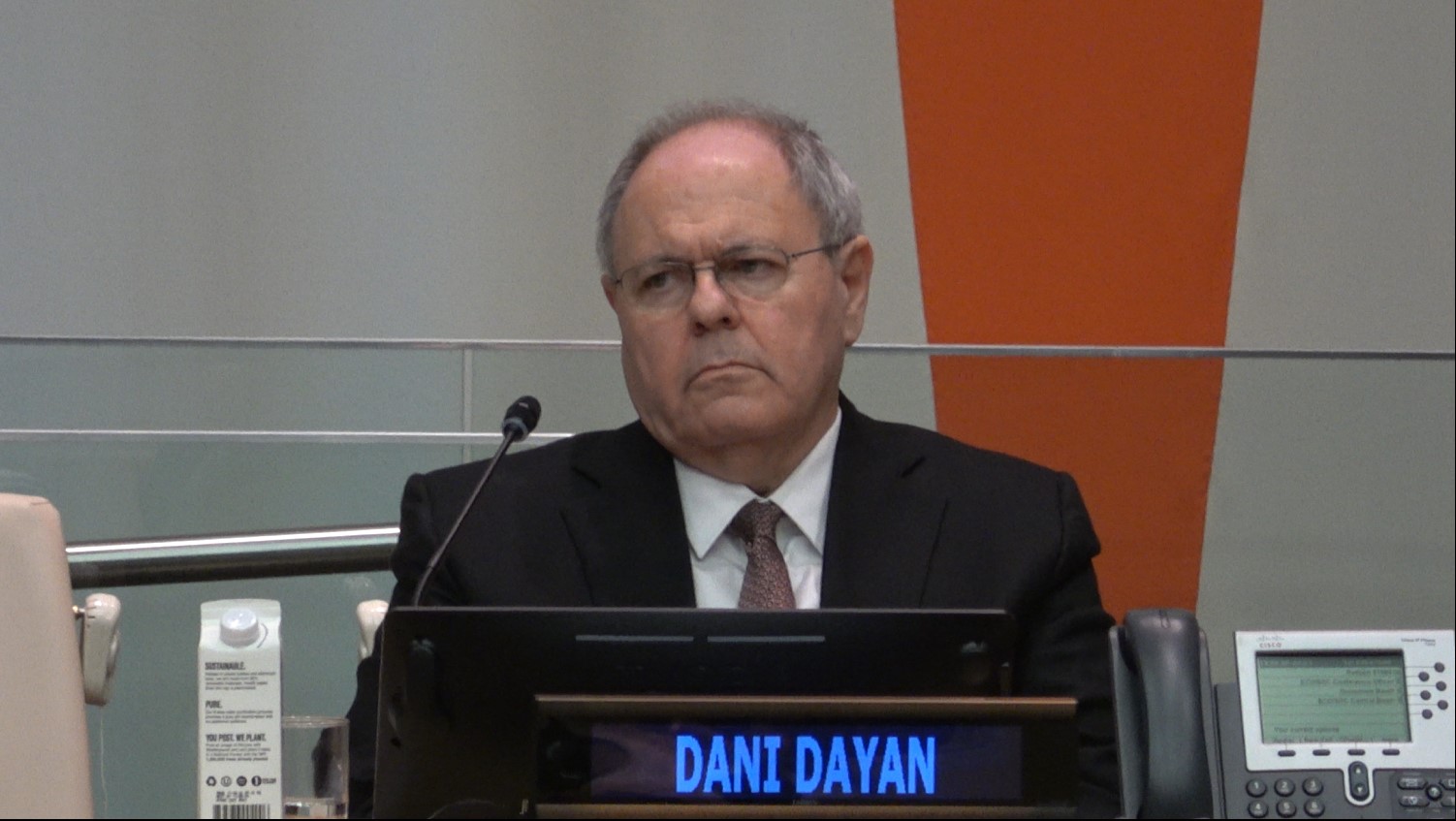 Dani Dayan Chairman of Yad Vashem, the World Holocaust Remembrance Center
Dani Dayan Chairman of Yad Vashem, the World Holocaust Remembrance Center